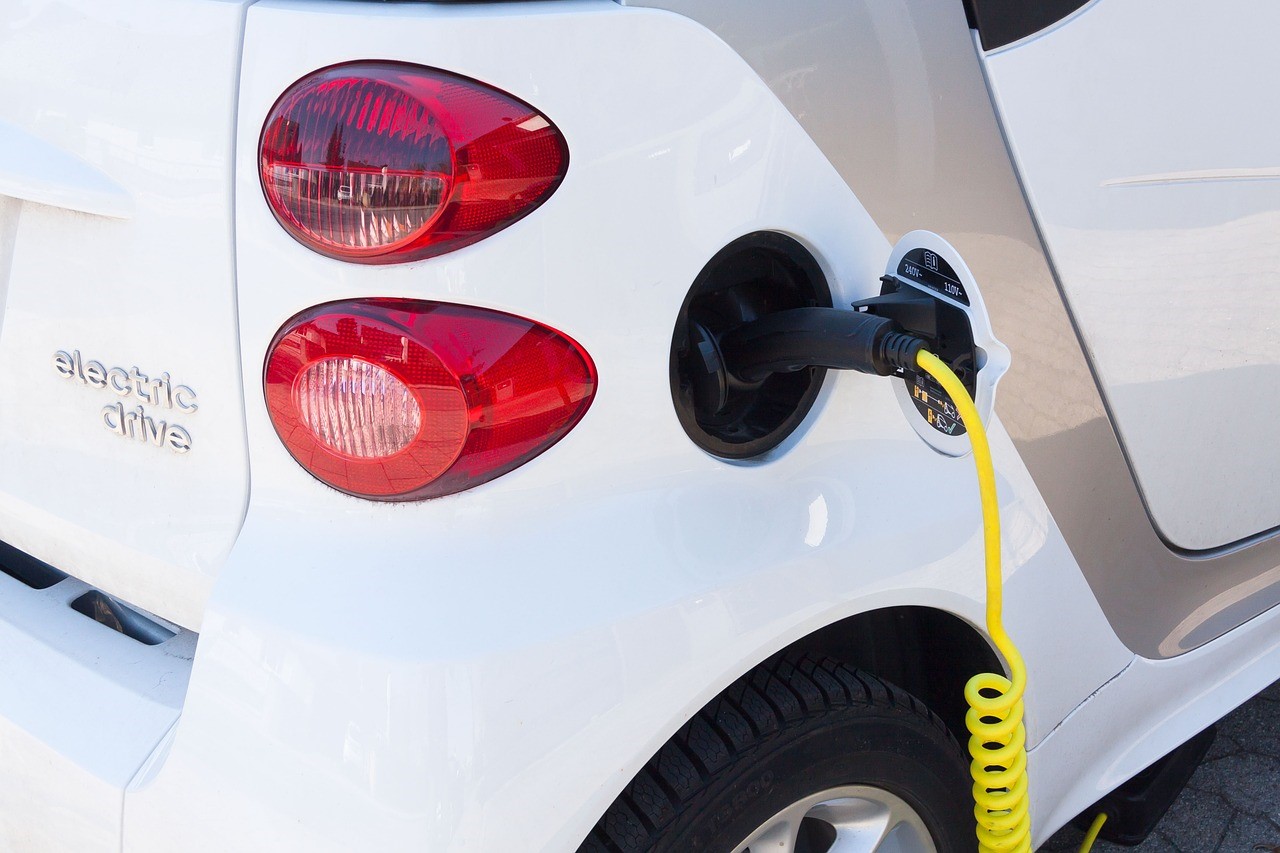Household Bills
Where to charge your electric car for free

Tesco has started levying a fee for electric car drivers who want to charge their car at supermarkets – but you can still charge for free elsewhere.
Fuelling a petrol or diesel car is easy – you just drive into any petrol station, fill-up, pay and off you go. But keeping your electric car charged is a lot trickier, with public and private charging points provided by a random collection of organisations which have a variety of charging structures.
There are two main ways to charge your electric car: at home or using a public charging point. If you have a job where your employer provides EV charging, you can charge your car at work too.
How to find free charging
According to Zap-Map, an app which helps drivers locate public chargers, the UK has about 5,430 charging points that are free to use out of a total of more than 35,000 chargers. Drivers can find free charging points by selecting “free to use” within the payment filter on the Zap-Map app or its desktop map.
The availability of free charges varies significantly by location – there are about 1,376 free chargers in Scotland. In Greater London, there are 465 free chargers, which is about 4.5% of the total number of charging devices in the capital.
Supermarkets tend to have the highest number of free chargers. However, Tesco, which provides charging points in partnership with Pod Point, scrapped free charging from 1 November.
Tesco customers now pay 28p per kWh to charge their car at 7kW. If drivers want to charge their car faster, that price rises to 40p for the 22kW, and 50p for the 50kW, rapid chargers.
Sainsbury’s, Lidl and Aldi all still provide free charging in conjunction with Pod Point. Other free charging points can be found at public car parks, dealership forecourts, and hotels.
To use a free charger, you often have to be a customer of the company providing the free charging (i.e. the supermarket or hotel) and you usually need an app or RFID (radio frequency identification card) to use a charging point.
If you’re looking for a free charger, Zap Map and Pod Point apps and websites are a good place to start.
How much does electric car charging cost?
According to Zap Map, there are more than 35,000 public charging points in the UK, and the majority charge a fee. Chargers can be found at service stations, car parks, supermarkets, cinemas, and on roads and are provided by more than 60 charging networks. The best known are Ubitricity, BP Pulse, Shell Recharge, Ionity, Polar, Pod Point and Tesla.
These are all separate companies, meaning the charging network in the UK is fragmented and confusing, according to critics.
Each network charges a different amount per hour or kWh of electricity you consume. Some offer memberships or subscriptions and/or pay-as-you-go prices.
Most networks offer a mix of slow, fast and rapid charging options. In general, the quicker the charger, the more it costs.
To give a rough idea of costs, BP Pulse charges members paying a subscription from 44p per kWh for 7kW charging. Pay-as-you-go customers pay from 57p per kWh. Quicker charging costs more.
For almost all networks, you’ll need to download an app and have an account to use a charging point. Only a few accept card payments and none take cash. Some require you to have a RFID card to make payments. If you use several different charging networks, you’ll need a variety of apps and RFID cards.
Charging your electric car at home
According to the RAC, about 80% of EV charging happens at home. This is cheaper, and more convenient, than public charging.
Charging overnight at home is usually best – there are energy tariffs specifically designed for EV owners which offer cheaper electricity at night.
Although it’s possible to charge your car using a normal three-pin plug, it’s much better to use a home EV charger. This will deliver more power, meaning you can charge your car more quickly.
To have an EV charger at home, you’ll need off-road parking such as a driveway and you’ll need to get a ‘wallbox’ installed by an electrician. According to Which? this typically costs between £450 and £1,200, depending on its power rating.
Home chargers with a lower power rating are cheaper but it will take longer to charge your car. A power rate of about 7kW is typical for a home charger.
How much it costs to charge an electric car at home depends on its weight and size. According to Which? charging a small car (such as a Renault Zoe) will cost from 9.3p to 10.4p a mile (about £750 to £740 a year based on 8,100 miles). Charging a bigger electric car such as am Audi e-tron will cost 12p to 14.2p per mile or £975 to £1,150 a year.